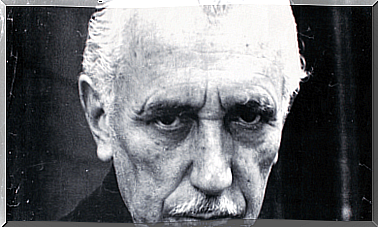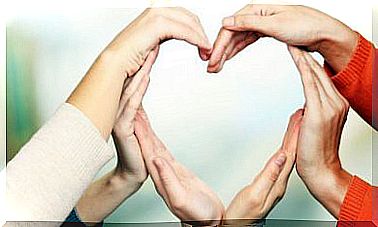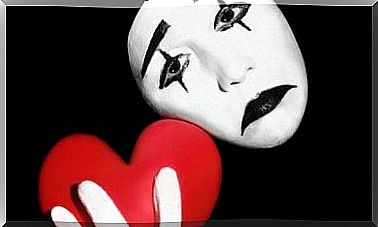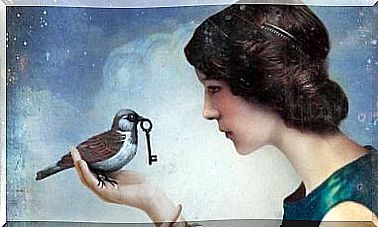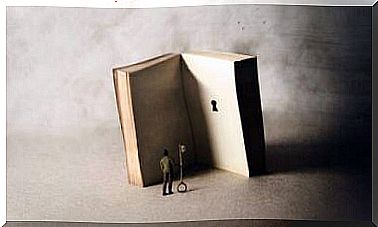Why Do Groups Generate Rules?
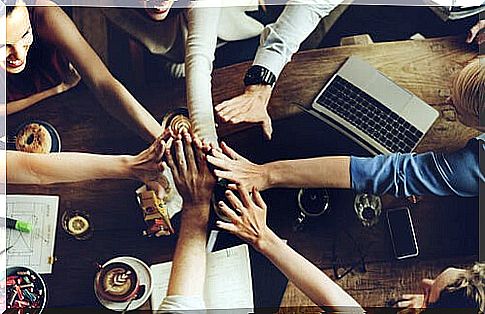
If we look at the different existing social groups, regardless of whether they are formal or informal, these groups generate norms. These rules are part of our social life and we accept them, for the most part, as something legal and essential. After this, the questions that arise are, how are these group norms generated? What functions do they fulfill within the group?
Before answering these two questions, we must narrow down a definition of a norm to fully understand its genesis and functions. Homans defined “norm” as an idea that occupies the minds of the members of the group and acts as a frame of reference when reality is ambiguous, or with a character of regulation of attitudes and behaviors. Apart from its definition, it is essential to know that the standards can be presented in two ways:
- Descriptive norms: they are those that correspond to what the members of the group do in a given situation. These constitute the model of conduct that all members must follow. These would have the function of acting as a frame of reference when reality is ambiguous.
- Prescriptive norms: these indicate what the group members approve or disapprove of. They specify what “should be done” and represent the morality of the group. These would act as a mechanism for regulating attitudes and behaviors.
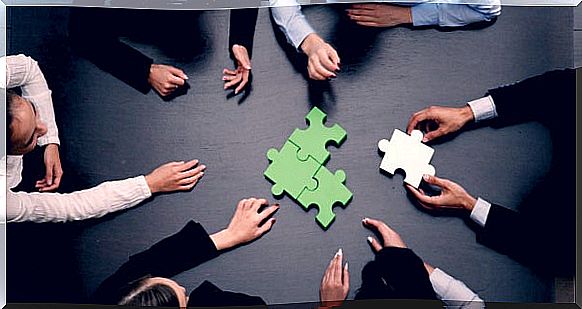
Functions of group norms
We know that groups generate norms, so it can be deduced that these must fulfill a series of functions within the group dynamics or at least have certain consequences in the groups, otherwise their existence would be useless. Now, these functions can be individual or social in nature ; individual when the consequences of the same have repercussions on the subject, and social when the norms satisfy the needs of the group at a social or intergroup level. In most cases, a rule has both senses.
The main function at the individual level of group norms is to act as a frame of reference . Thanks to them, the individual knows how to interpret and build reality. This function fits perfectly within the socio-constructivist paradigms that postulate that reality is constructed through the filter of society and culture: groups and their norms would be the active agents of this process.
Regarding social functions, these would have as their object:
- The regulation and coordination of the interactions and activities of the members of the group, so that they are carried out in an orderly manner. They would help avoid chaos and conflict, and thus avoid the destruction or decay of the group.
- The achievement of group goals. When groups generate norms, they are creating a uniformity of behavior towards the same goal. This greatly helps improve efficiency in meeting these group goals.
- The maintenance of group identity. A set of rules that say how you should be and how you should behave will help you differentiate yourself from others. What will contribute to the genesis of a group identity that categorizes you as a member of that specific group.

How do the groups generate the norms?
Norm development is a question that has plagued many social psychologists. Levine and Moreland’s analyzes collect a large number of theories and experiments about how groups generate norms. And thanks to them we can say that its genesis can be given from two different origins: internal origin or external origin.
Among the different factors of internal origin we can find:
- Member scripts about how to behave in a situation. The more members share the script, the faster the norm is established.
- Negotiation between members during conflict resolution.
- By imitating the pattern of a member that is spread to the rest of them.
- By self- categorization, when a norm is built thanks to the available information of the group identity.
And regarding external origins, the most prominent and common is when an institution or a leader dictates a norm. This rule comes from outside the group or at the individual level of a member of the group, which usually produces greater rejection than when it has an internal origin. But it will largely depend on the agreement or compatibility of the standard with the group’s objectives.
Group rules are part of our day to day, from how we should do our work to how we should be dressed at a party. Its influence is noticeable in our behavior, and largely implicit or unconscious . For this reason, it is important to know the rules and how they work well; which will help us to get a critical view of them and avoid acting against our morality or personal identity.

